Mozambique: Mondlane has 30 days to change party acronym Anamalala
Mozambique: Is there still a need for reconciliation in the Renamo – Frelimo “alignment”?
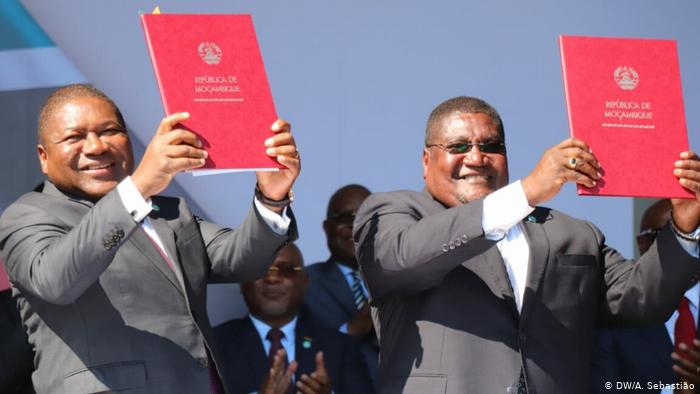
Renamo leader Ossufo Momade (left), and Filipe Nyusi, President of Mozambique
“There was a change in the public stance of the Renamo leader, showing a reduction in the level of conflict, but it has not held true”, a specialist in social justice says. This fact is fuelling mistrust, which affects national reconciliation.
The distrust between Renamo, Mozambique’s largest opposition party, and the Frelimo government is far from over, according to Victor Igreja, from the University of Southern Queensland, in Australia.
The reconciliation and social justice expert acknowledges that “the levels of public conflict between the parties have fallen, but that does not mean that the two parties are aligned”.
Regarding the Demilitarization, Disarmament and Reintegration (DDR) process, the Mozambican academic believes that there is a willingness on the part of the government to rectify the mistakes of the past once and for all, and conduct the process with some sense of dignity.
DW Africa: Renamo and the Frelimo government seemed well aligned after the death of Afonso Dhlakama. Would it be unnecessary to ask for values like reconciliation?
Victor Igreja (VI): I think that Renamo and Frelimo are not aligned. Levels of public conflict have fallen, but that does not mean that the two parties are aligned. In this sense, the problem of reconciliation remains a reality and the national process needs to be taken seriously. In fact, the Renamo leader [Ossufo Momade] has already made public that it would be necessary to create a commission to manage this whole process of national reconciliation.
DW Africa: Has the distrust that has always characterized your relationship ended, or is the good phase just due to the “alignment” guaranteed by Ossufo Momade and Nyusi?
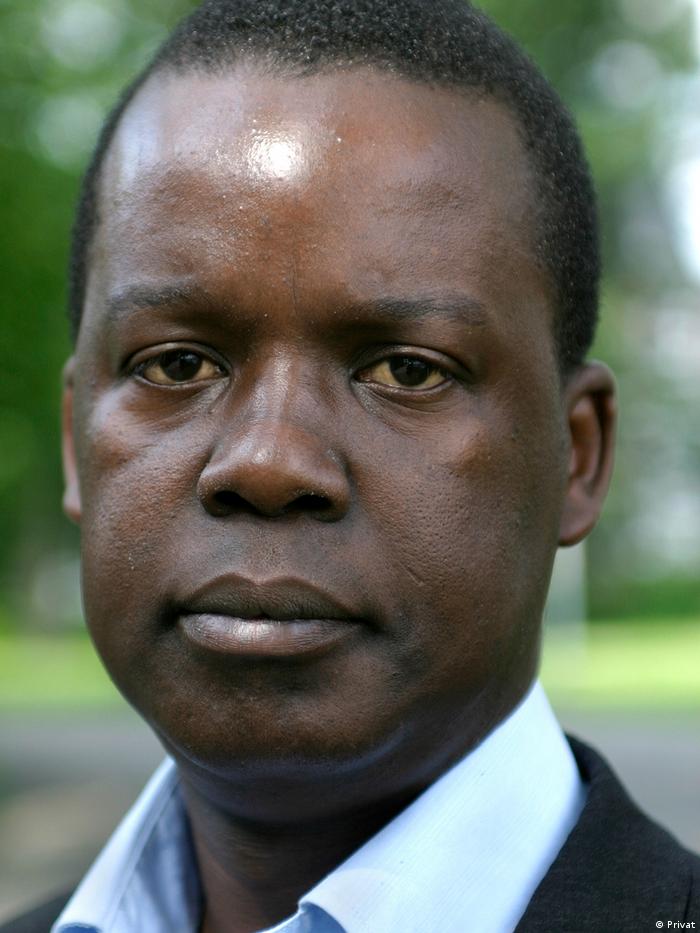
VI: The mistrust between the two parties persists, so much so that, even since the death of Afonso Dhlakama and the rise of Ossufo Momade, there were reports that Renamo members continue to be persecuted by the so-called death squads, and this continues to generate a lot of tension between the two parties. It is true that there was a change in the public stance of the new leader of Renamo, and in this sense it may imply that the level of conflict has fallen, but it has not. This continues to fuel a climate of distrust that disturbs the process of national reconciliation.
DW Africa: What differences do you see between the current demobilization and integration of Renamo men and the one that took place after the 16-Year War?
VI: Clearly, there are differences. The demobilisation process of October 4, 1992 was a very large one, which was welcomed by the soldiers as a time of celebration, unity and peace, because they had spent about two decades at war, and soldiers on both sides were tired of it.
While this new process of reconciliation and demobilization consists of rectifying a set of errors that the government made, especially in not taking seriously the fact that there were still many Renamo soldiers who had not been demobilized, the Frelimo government tried to play a political game in relation to the existence of these men.
There has been no clear interest from the government over the years to demobilise these men, as it serves the party’s political agenda to accuse Renamo of continuous warmongering and being interested only in war.
For this reason, they never took the demobilisation process seriously. So the demobilisation process that occurs now is the result of errors accumulated by the Frelimo party and is not comparable to the process that occurred initially, in 1992.
DW Africa: Do you see any poorly considered aspects that may be the focus of tensions?
VI: I think that the current demobilisation process is not going as planned. On the one hand, this has to do with the lack of funding, which has arrived very late from the European community. But on the other hand, there was a delay due to the Covid-19 pandemic. For the time being, it seems to me that there is a willingness on the part of the government to, once and for all, rectify the mistakes of the past and conduct this process with some sense of dignity and some transparency, so that it can occur with a certain clarity and confidence on both sides.
But at the same time, at the moment, the country is involved in an armed conflict in the north [Cabo Delgado], which has caused the government’s priorities to change in the last 24 months, and especially in the last 12 months, and the attention, in military terms, is focused to the north. At the same time, the fact that the dissident Renamo Military Junta has emerged and has been carrying out attacks, has complicated matters.
What is keeping tensions up at the level of the current demobilisation process is the Military Junta, which continues to make attacks and threats, creating a certain amount of instability, especially in central Mozambique.




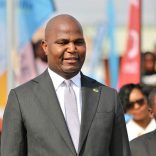

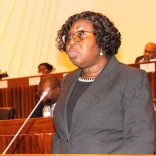
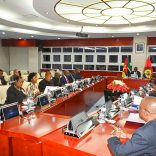





Leave a Reply
Be the First to Comment!
You must be logged in to post a comment.
You must be logged in to post a comment.